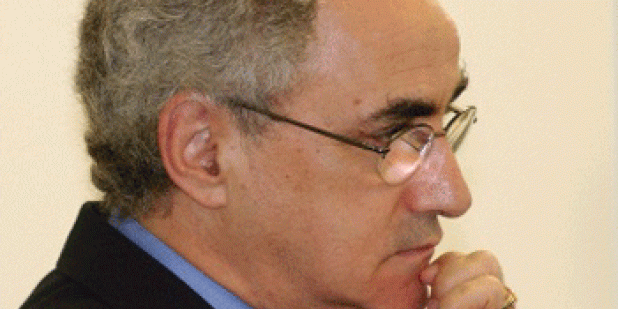Happy Lunar New Year from the USC US-China Institute!
New Leaders Make a Difference, but When? Reflections from Hong Kong on China’s Current Succession
UCLA's Center for Chinese Studies presents a talk with Dr. David Zweig on China's political changes under the new leader, Xi Jinping.
Where

Almost every leadership change in any communist country since 1917 has triggered significant policy changes. The single best explanation for the post-1978 reforms was the passing of Mao Zedong. Only after Mao left the political scene in late 1976 could Deng launch the reform program heralded by the 3rd Plenum in December 1978. Jiang Zemin’s transformative innovations began in 1997-98, 8 years after becoming General Secretary and Chair of the Military Affairs Commission, when he fully established his authority at the 15th Party Congress. Hu Jintao’s redirection of policy in a more conservative direction materialized only at the 6th Plenum of the 16th Central Committee. So, what are we likely to see from Xi Jinping?
Elite political trends since 1977 suggest that: (1) because Xi, like his predecessors, did not pick his own leadership team, he must first establish his authority before being able to introduce significant policy changes; (2) this may involve purging an influential leader, as it sends the message not to block his reforms; (3) given the distribution of power in the Politburo Standing Committee, and the depth of interests opposed to reform, Xi may have to wait 3-5 years before he will be able to launch a major reform program that can deal with many of China’s problems.
David Zweig
- David Zweig is Chair Professor at the Division of Social Science, Director for Center on Environment, Energy and Resource Policy, and Associate Dean of the School of Humanities and Social Sciences, HKUST.
- He is an Adjunct Professor at the School of Social Sciences and Humanities in National University of Defense Technology, Changsha, Hunan and Deputy Director of the South China Center on China’s Globalization, Guangzhou. He is the former president of the Hong Kong Political Science Association.
- He was a Canadian exchange student in Beijing, 1974-76, a Visiting Scholar at Nanjing University in 1980-81, 1986 and 1991-92, and has lived with his wife and two children in Hong Kong since 1996.
- He is the author of four books, including Internationalizing China: domestic interests and global linkages (Cornell Univ. Press, 2002), which will be out in a Chinese edition from Renmin University Press in 2013.
- He is currently editing a book on US-China energy competition in third countries and writing a book on Mainlanders who studied overseas and returned to China.
Featured Articles
We note the passing of many prominent individuals who played some role in U.S.-China affairs, whether in politics, economics or in helping people in one place understand the other.
Events
Ying Zhu looks at new developments for Chinese and global streaming services.
David Zweig examines China's talent recruitment efforts, particularly towards those scientists and engineers who left China for further study. U.S. universities, labs and companies have long brought in talent from China. Are such people still welcome?






